iHeartDogs is reader supported. Some of the links below may be paid affiliate links, where we receive a small commission on a product at no additional cost to you.
Probiotics have become an increasingly popular supplement not just for humans, but for our canine companions as well. They’re particularly beneficial for dogs with yeast infections, as these infections are often a sign of an imbalance in the body’s natural flora.
This article will guide you through the best probiotics for dogs with yeast infections, discussing the benefits and considerations of various products. Hopefully, this information can help you make an informed choice for your furry friend’s health.
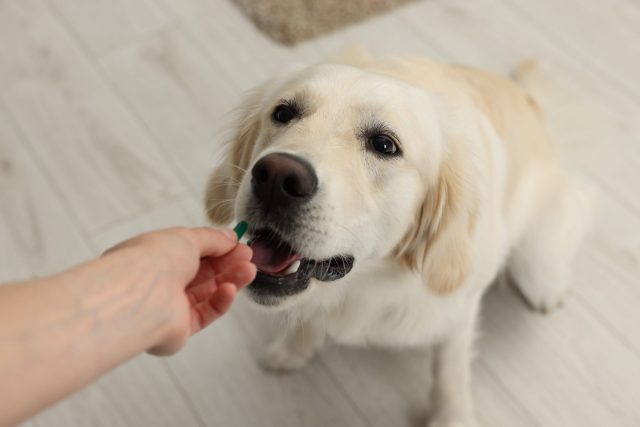
What Are The Benefits of Probiotics for a Dog with Frequent Yeast Infections?
Probiotics have several benefits for dogs that frequently suffer from yeast infections. Firstly, they help balance the gut microbiome, which is crucial in maintaining your dog’s overall health. An imbalance often leads to yeast overgrowth, resulting in infections. Probiotics add beneficial bacteria to the gut, helping to keep yeast levels in check.
Secondly, probiotics can boost the immune system. A robust immune system is better equipped to fight off yeast overgrowth before it leads to infection. Lastly, some specific probiotic strains may directly inhibit the growth of harmful yeast, providing a protective effect.
It’s important to note that while probiotics can provide substantial benefits, they should be part of a comprehensive approach to managing your dog’s health. Always consult your veterinarian before starting your dog on a new supplement, especially if your pet has a pre-existing condition or is on medications.
What Should I Look for When Choosing a Probiotic for a Dog with Frequent Yeast Infections?
When choosing a probiotic for a dog with frequent yeast infections, there are several factors to consider:
- Specific Strains: Not all probiotics are the same. Look for strains that are specifically known to combat yeast, such as Lactobacillus acidophilus and Bifidobacterium lactis.
- CFU Count: CFU, or colony-forming units, indicates the number of live and active microorganisms in the probiotic. A higher CFU count is typically more beneficial, though you should consult with your vet for the best count for your dog’s specific needs.
- Quality and Purity: The probiotic should be free of fillers, artificial additives, and unnecessary ingredients. Look for products that have undergone third-party testing for quality assurance.
- Species-Specific Formulas: Choose a probiotic formulated specifically for dogs, as they have different gut flora compared to humans.
- Packaging and Storage: Probiotics are sensitive to heat and moisture, so they should be packaged and stored properly to ensure potency. Some may require refrigeration.
- Veterinarian Recommendation: As with all supplements, it’s best to consult your veterinarian before starting your dog on a new probiotic regimen, especially if they have a pre-existing condition. They can provide specific recommendations based on your dog’s health status and needs.

Best Probiotics for Dogs with Yeast Infections
The iHeartDogs 3-in-1 Probiotic for Dogs with Pumpkin is a supplement that benefits digestion and gut health in dogs. It combines probiotics, prebiotics, and digestive enzymes to improve overall digestive health. The addition of pumpkin and papaya also helps boost the immune system, providing vitamins, minerals, and antioxidants. The product is suitable for dogs with food sensitivities and allergies and is made in the USA following strict quality control guidelines. Plus, every bag purchased provides 12 healthy meals to shelter dogs.
Zesty Paws Probiotics for Dogs is a functional soft chew supplement that supports digestive health, bowel function, and the immune system in dogs. It contains a clinically studied probiotic, DE111, which aids in digestion and boosts the immune system. The supplement also includes six probiotics that promote healthy gut flora and help alleviate occasional digestive issues like diarrhea, gas, and bloating. It’s a tasty way to support your dog’s overall health and immunity.
The Purina Pro Plan Veterinary Supplements FortiFlora Dog Probiotic Supplement is a popular choice among veterinarians for supporting digestive health in dogs. It’s specifically designed to manage diarrhea in both puppies and adult dogs, containing a proven probiotic that promotes intestinal health and balance. Additionally, this supplement helps bolster the immune system and contains antioxidants for overall well-being. It’s also easy to administer, making it a convenient option for dog parents.
Nutri-Vet Pre and Probiotic Soft Chews for Dogs are a convenient and mess-free alternative to probiotic powders. These chews are made with high-quality ingredients and provide digestive support for dogs of all breeds and sizes. With 1 billion CFUs of live bacteria cultures and the inclusion of prebiotic inulin, these chews promote healthy digestion, proper stool quality, and immune system support, while also offering a tasty treat that even picky eaters will enjoy.
PetLab Co. Probiotics for Dogs is a popular dog health supplement that supports gut health, digestive health, and seasonal allergies. It’s made with prebiotics and probiotics, including eight strains of beneficial bacteria to boost the immune system and address paw licking, itchy skin, and yeast levels. The supplement also includes inulin and pumpkin to support digestive health. Manufactured in the USA and certified by the NASC, it has long-term benefits and is highly recommended by PetLab customers.
Fera Pet Organics Probiotics for Dogs and Cats is a USDA organic-certified powder designed to support pet health. The formula, created by veterinarian Dr. Dulake, contains 11 hand-selected species of living good bacteria to provide a potent probiotic blend. Free of additives, fillers, and preservatives, this tasteless powder easily mixes into your pet’s food for convenient administration. Additionally, Fera Pet Organics gives back to animal shelters by donating 5% of proceeds and provides excellent customer service with a money-back guarantee.
Herbsmith Microflora Plus is a dog digestion aid that helps alleviate symptoms of digestive upset in dogs. It contains probiotics, prebiotics, digestive enzymes, and gut-soothing herbs that work together to ensure proper digestion and prevent the growth of harmful bacteria in the gastrointestinal tract. The supplement comes in easy-to-give capsules that can be opened and sprinkled over food if needed. Developed by holistic veterinarian Dr. Chris Bessent, Microflora Plus is a veterinarian recommended and made in the USA.
Frequently Asked Questions About Probiotics for a Dog with Yeast Infections
How do probiotics help with yeast infections in dogs?
Probiotics work by populating your dog’s gut with beneficial bacteria, which can help keep the growth of yeast under control. These good bacteria create an inhospitable environment for yeast and prevent them from overpopulating and causing infections.
Can any type of probiotic be used to treat yeast infections in dogs?
Not all probiotics are the same. It’s important to look for specific strains that are known to combat yeast, such as Lactobacillus acidophilus and Bifidobacterium lactis. Probiotics specifically formulated for dogs are also recommended.
How long does it take for probiotics to work on a dog’s yeast infection?
The effectiveness of probiotics can vary based on the severity of the yeast infection and individual dog. It may take a few weeks to several months to see improvement. Always consult with a vet for the best treatment approach.
Can probiotics prevent future yeast infections in dogs?
Regular use of probiotics can help maintain a balanced gut flora, which may aid in preventing future yeast infections. However, probiotics are not a guaranteed solution, and it’s important to address other potential causes of recurring yeast infections.
What is the recommended dosage of probiotics for dogs with yeast infections?
The dosage can vary based on the specific product, the size of your dog, and the severity of the yeast infection. It’s crucial to follow the product’s instructions and consult with your vet.
Can probiotics cause side effects in dogs?
Probiotics are generally safe for dogs but may cause mild side effects like gas and bloating. If your dog experiences severe side effects, stop use and consult a vet immediately.
Should I consult with a vet before starting my dog on probiotics?
Yes, it’s always a good idea to consult with your vet before starting any new supplement regimen, including probiotics. Your vet can provide guidance based on your dog’s specific needs and health status.
Can I give my dog human probiotics?
It’s generally recommended to give dogs probiotics that are specifically formulated for them, as dogs and humans have different gut flora. Human probiotics may not provide the desired benefits and could potentially cause harm.
Can I give probiotics to my dog alongside other treatments for yeast infections?
Probiotics are often used in conjunction with other treatments like antifungal medication. However, you should always consult with your vet before combining treatments.
Do I need to refrigerate my dog’s probiotic supplement?
It depends on the specific product. Some probiotics need to be refrigerated to maintain their effectiveness, while others do not. Always read and follow the storage instructions on the product packaging.
Conclusion: Best Probiotics for Dogs with Yeast Infections
Yeast infections in dogs can be uncomfortable and persistent, but with the right probiotics, you can help restore your pet’s natural balance and alleviate its symptoms. Remember, it’s always crucial to consult with your vet before starting any new supplement, especially if your dog has a chronic condition or is already on medication. With the best probiotics for dogs with yeast infections, you can offer your furry friend the comfort and relief they need to live a happy, healthy life.
iHeartDogs is reader supported. Some of the links below may be paid affiliate links, where we receive a small commission on a product at no additional cost to you.
- Best Joint Supplement for Dogs
- Best CBD Gummies for Dogs
- Goat's Milk for Dogs
- Skin & Coat Supplements for Dogs
- Weight Gain Supplements for Dogs
- Muscle Building Supplements for Dogs
- Heart Supplements for Dogs
- Multivitamins for Dogs
- Pill Pockets for Dogs
- Digestive Enzymes for Dogs
- Turmeric for Dogs
- Liver Supplements for Dogs
- Tear Stain Supplement for Dogs
- Breath Fresheners for Dogs
- Kidney, Urinary, & Bladder Supplements for Dogs
- Stool Eating Deterrent for Dogs
- Eye Supplements for Dogs
- Melatonin for Dogs
- Apple Cider Vinegar for Dogs
- Green Lipped Mussels for Dogs
- L Theanine for Dogs
- Chondroitin Supplements for Dogs
- MSM for Dogs
- Valerian Root for Dogs
- Chamomile for Dogs
- Boswellia for Dogs
- L Tryptophan for Dogs
- Yucca for Dogs
- Licorice Root for Dogs
- Bromelain for Dogs
- Papain for Dogs
- Devil's Claw for Dogs
- Quercetin for Dogs
- Hemp gummy for dogs
- Best Hemp Dog Treats
- Best Hemp Oil for Dogs
- Best Calming Treats, Chews, & Supplements for Dogs
- Best Bone Broth for Dogs
- Best Fish Oil for Dogs
- Best Probiotics for Dogs
- Best Hip Dysplasia Supplements for Dogs
- Best Colostrum for Dogs
- Best Quercetin for Dogs
- Best Greens for Dogs Supplements
- Best Vitamin C Supplements for Dogs
- Best Probiotic for Dog with Allergies
- Best Taurine Supplements for Dogs
- Best Dog Food Toppers
- Best Anal Gland Supplement for Dogs
- Best Dog Probiotic Powder
- Best CoQ10 Supplement for Dogs
- Best Liquid Glucosamine for Dogs
- Best Wrinkle Creams, Balms, and Wipes for Dogs
- Best Puppy Calming Treats
- Best Colloidal Silver for Dogs
- Best Adaptogen Supplements for Dogs
- Best Cognitive Supplements for Dogs
- Best Bee Pollen for Dogs
- Best Vitamin A Supplements for Dogs
- Best Vitamin E Supplements for
- Best Liquid Glucosamine Supplements for Dogs
- Best SAM-e Supplements for Dogs
- Best Hyaluronic Acid Supplements for Dogs
- Best Apple Cider Vinegar Supplements for Dogs
- Best Diarrhea Medicine for Dogs
- Best Milk Thistle for Dogs
- Best Turkey Tail Mushroom Supplements for Dogs
- Best Astaxanthin Supplements for Dogs
- Best Lutein Supplements for Dogs
- Best Electrolyte Supplements for Dogs
- Best Coconut Oil for Dogs
- Best Prenatal Vitamins for Dogs
- Best Puppy Milk Replacements
- Best Iron Supplements for Dogs
- Best Dewormer Products for Dogs
- Best Mange Medications for Dogs
- Best Cough Relief Products for Dogs
- Best Sinus Relief Products for Dogs
- Best Collapsed Trachea Supplements for Dogs
- Best Fireworks Anxiety Relief Products for Dogs
- Best Thunderstorm Anxiety Relief Products for Dogs
- Best Travel Anxiety Relief Product for Dogs
- Best Supplements for a Dog with a Torn ACL
- Best Supplements for a Dog with Patellar Luxation
- Best Supplements for a Dog with Intervertebral Disc Disease
- Best Zinc Supplements for Dogs
- Best Biotin Supplements for Dogs
- Best Tart Cherry Supplements for Dogs
- Best Resveratrol Supplements for Dogs
- Best Ginkgo Biloba Supplements for Dogs
- Best Ashwagandha Supplements for Dogs
- Best Supplements for Dogs with Cushing's Disease
- Best Adrenal Supplements for Dogs
- Best NAD+ Supplements for Dogs
- Best NMN Supplements for Dogs
- Best Supplements for Dogs with Dementia
- Best Supplements for Dogs with CCD(Canine Cognitive Dysfunction)
- Best Fiber Supplements for Dogs
- Best Spirulina for Dogs
- Best Hairball Remedies for Dogs
- Best Eye Drops for Dogs with Allergies
- Best Magnesium Supplements for Dogs
- Best Brushes for Double-Coated Dogs
- Best Dandelion Root Supplements for Dogs
- Best Probiotic for Dogs with Yeast Infections
- Best Flaxseed Oil for Dogs
- Best Chamomile Supplements for Dogs
- Best Lavender Supplements. Treats & Sprays for Dogs
- Best Collagen Supplements for Dogs
- Best Kelp Supplements for Dogs
- Best Activated Charcoal for Dogs
- Best Slippery Elm Supplements for Dogs
- Best Supplements for Dogs with Seizures & Epilepsy
- Best Antioxidant Supplements for Dogs
- Best Ubiquinol Supplements for Dogs
- Best Hormone & Glandular Supplements for Dogs
- Best Thyroid Supplements for Dogs
- Best Iodine Supplements for Dogs
- Best Dog Shedding Supplements for Dogs
- Best Detox Supplements for Dogs
- Best Postbiotics for Dogs
- Best Aspirin Products for Dogs
- Best Dog Anti-Nausea Products
- Best Dog Mouthwashes
- Best Camelina Oils for Dogs
- Best Hemp Seed Oils for Dogs
- Best Natural Anti-Inflammatories for Dogs
- Best Cancer Supplements for Dogs
- Best Sardine & Anchovy Oils for Dogs
- Best Fatty Acid Supplements for Dogs
- Best Chia Seed Supplements & Treats for Dogs
- Best Olive Oils for Dogs
- Best Amino Acid Supplements for Dogs
- Best Moringa Supplements for Dogs
- Best Echinacea Supplements for Dogs
- Best Cranberry Supplements for Dogs
- Best D-Mannose Supplements for Dogs
- Best Nettle Leaf Supplements for Dogs
- Best Marshmallow Root Supplements for Dogs
- Best Astragalus Supplements for Dogs
- Best Pumpkin Seed Supplement for Dogs
- Best Supplements for a Dog Wetting The Bed
- Best Blueberry Supplement for Dogs
- Best Bromelain Supplements for Dogs
- Best Yucca Supplements for Dogs
- Best Ginger Supplements for Dogs
- Best Rosehip Supplements for Dogs
- Best Allergy Medicines for Dogs
- Best Reishi Mushroom Supplement for Dogs
- Best Maitake Mushroom Supplement for Dogs
- Best Chaga Mushroom Supplement for Dogs
- Best Shiitake Mushroom Supplement for Dogs
- Best Cordyceps Mushroom Supplement for Dogs
- Best Lion's Maine Supplement for Dogs
- Have question? - Ask in our Dog Health Forum
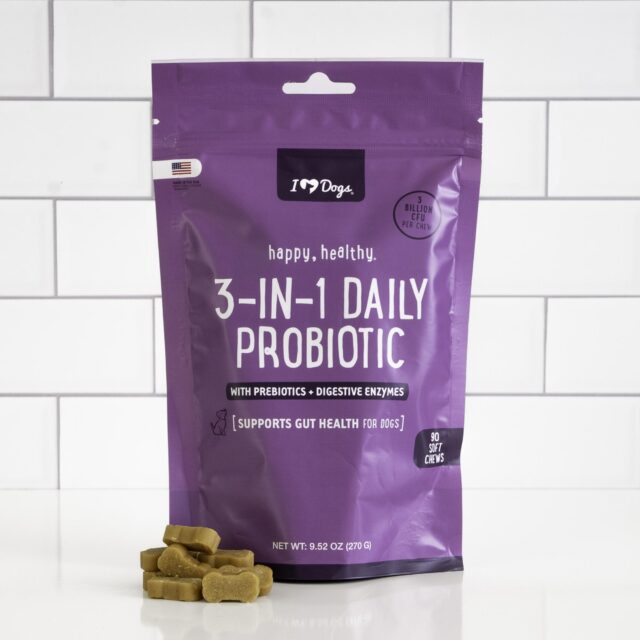
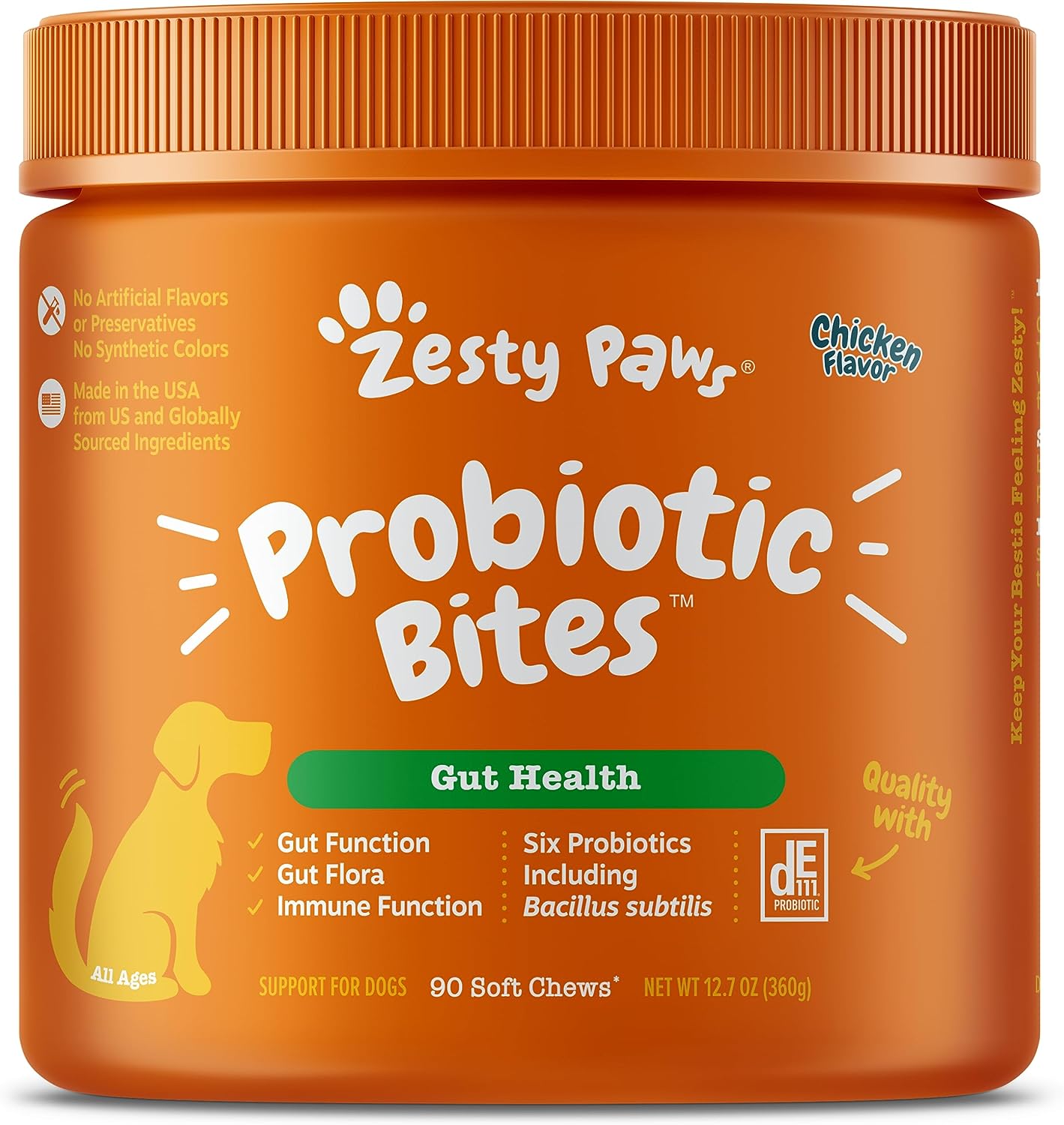
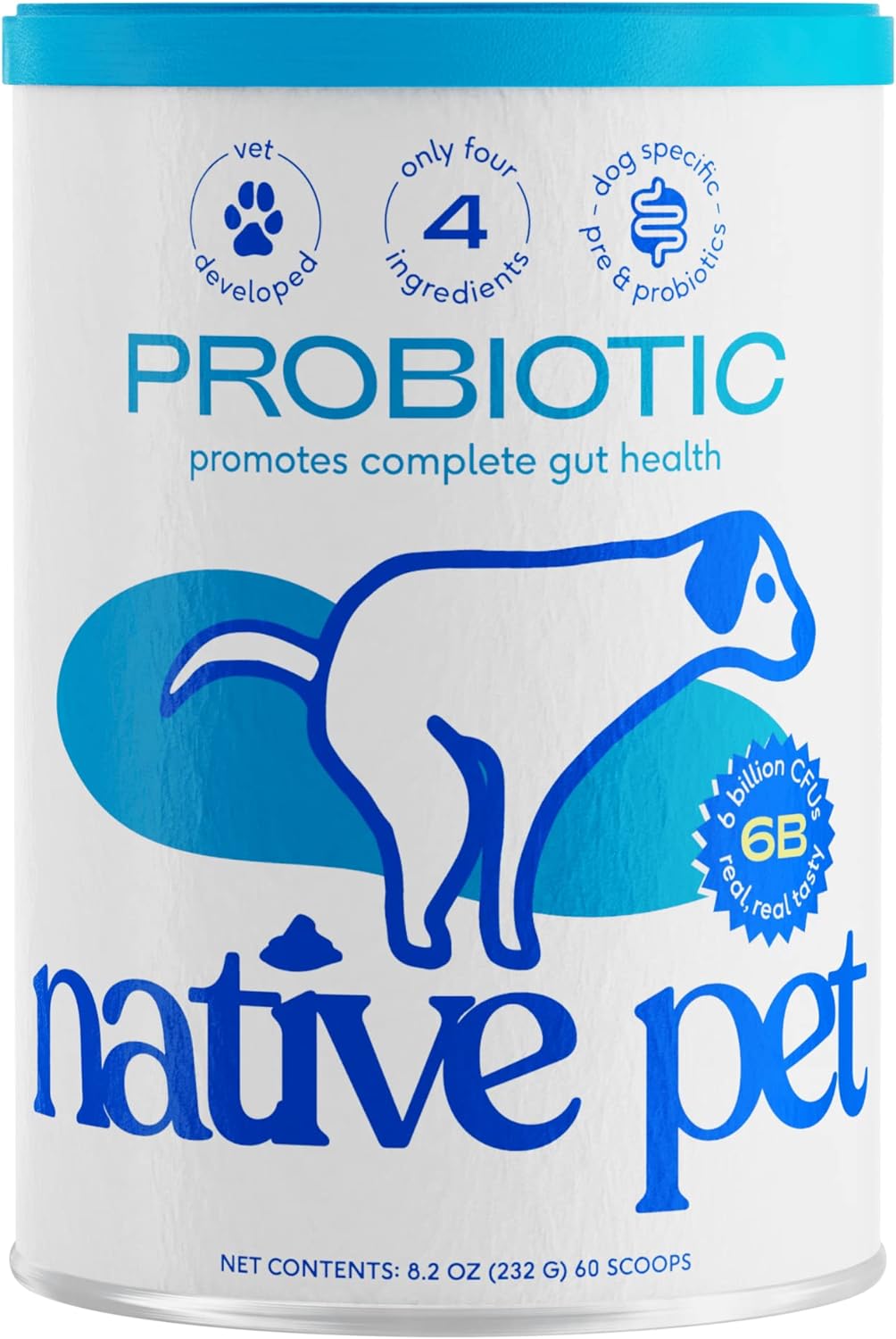
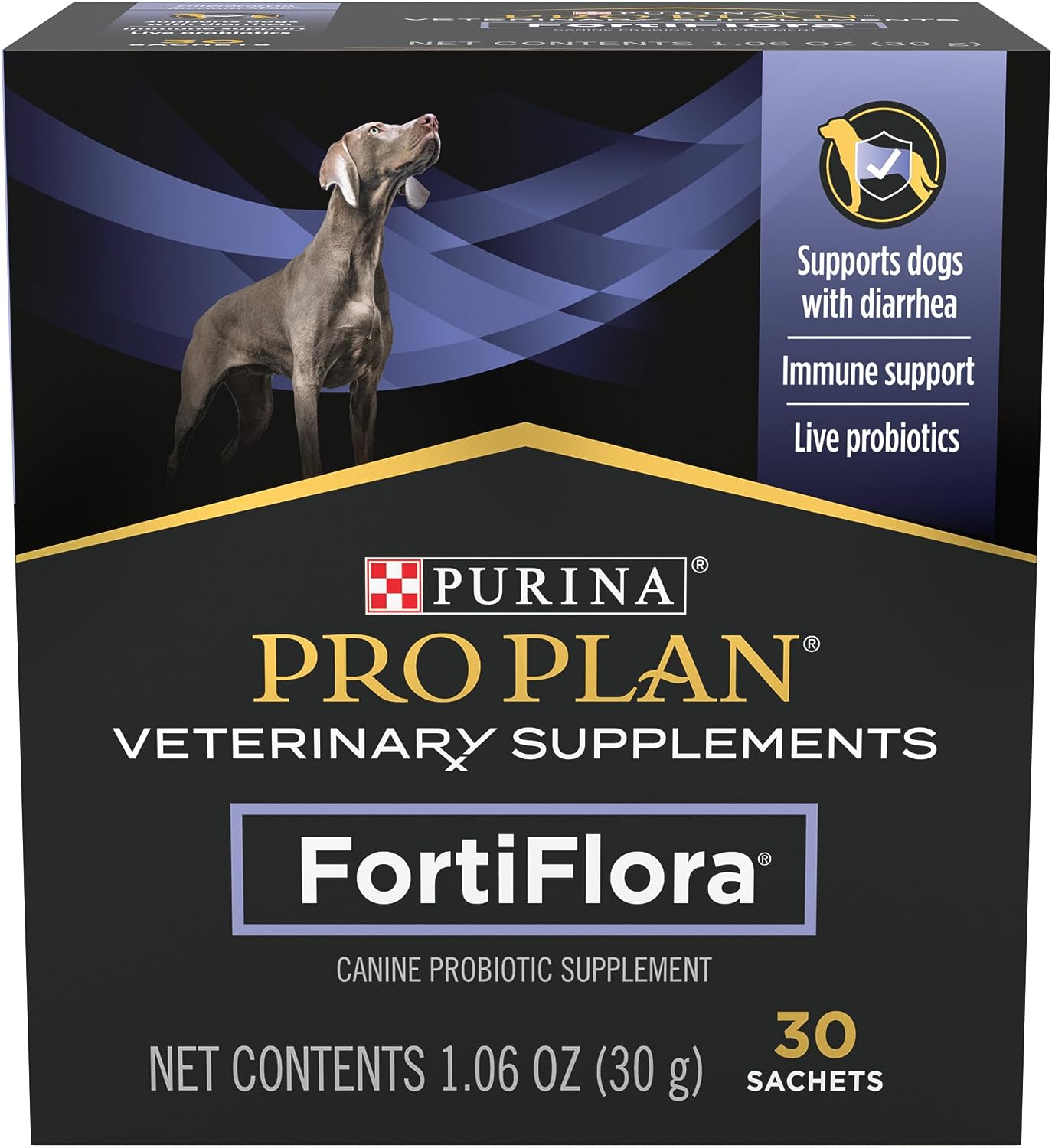
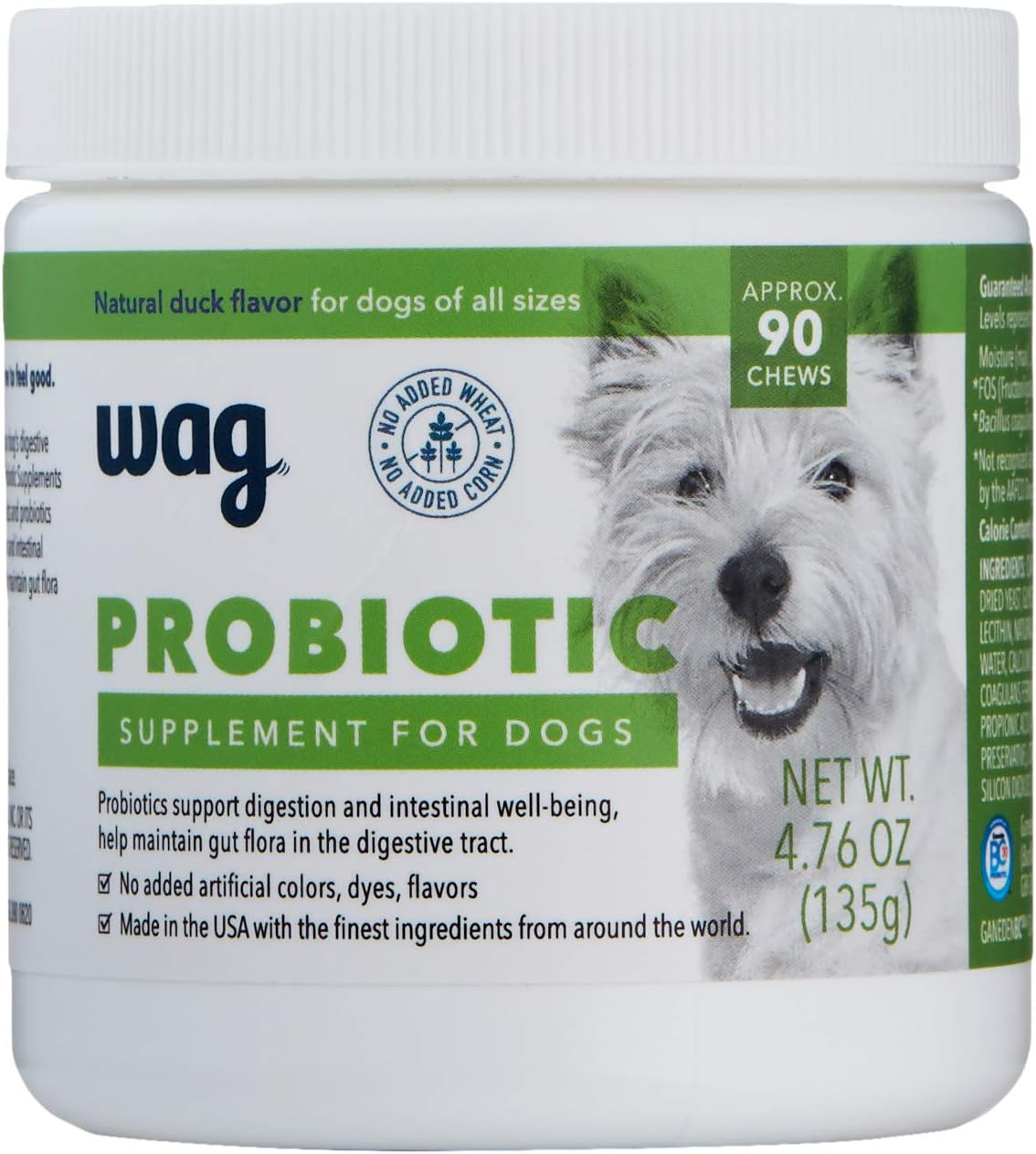
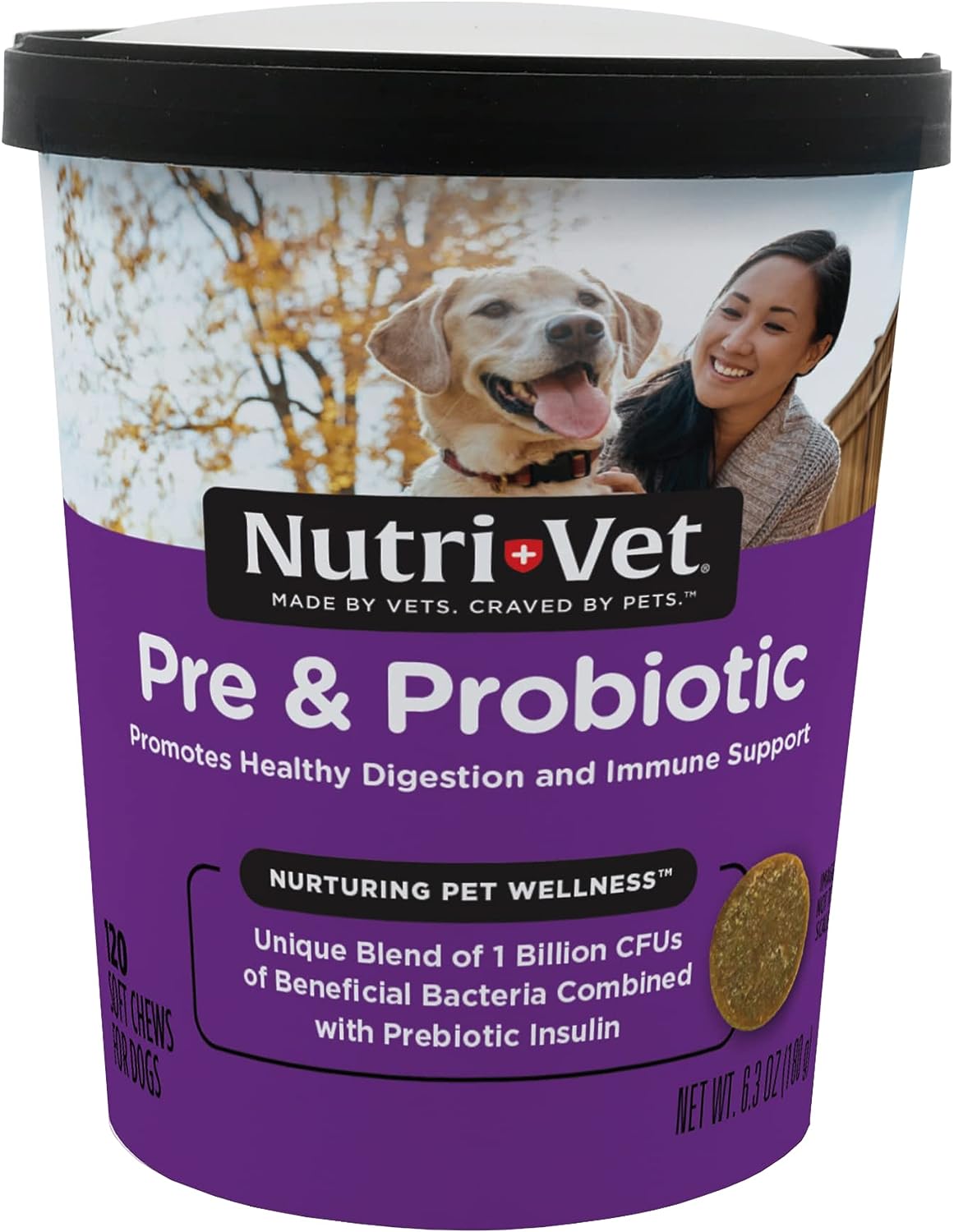
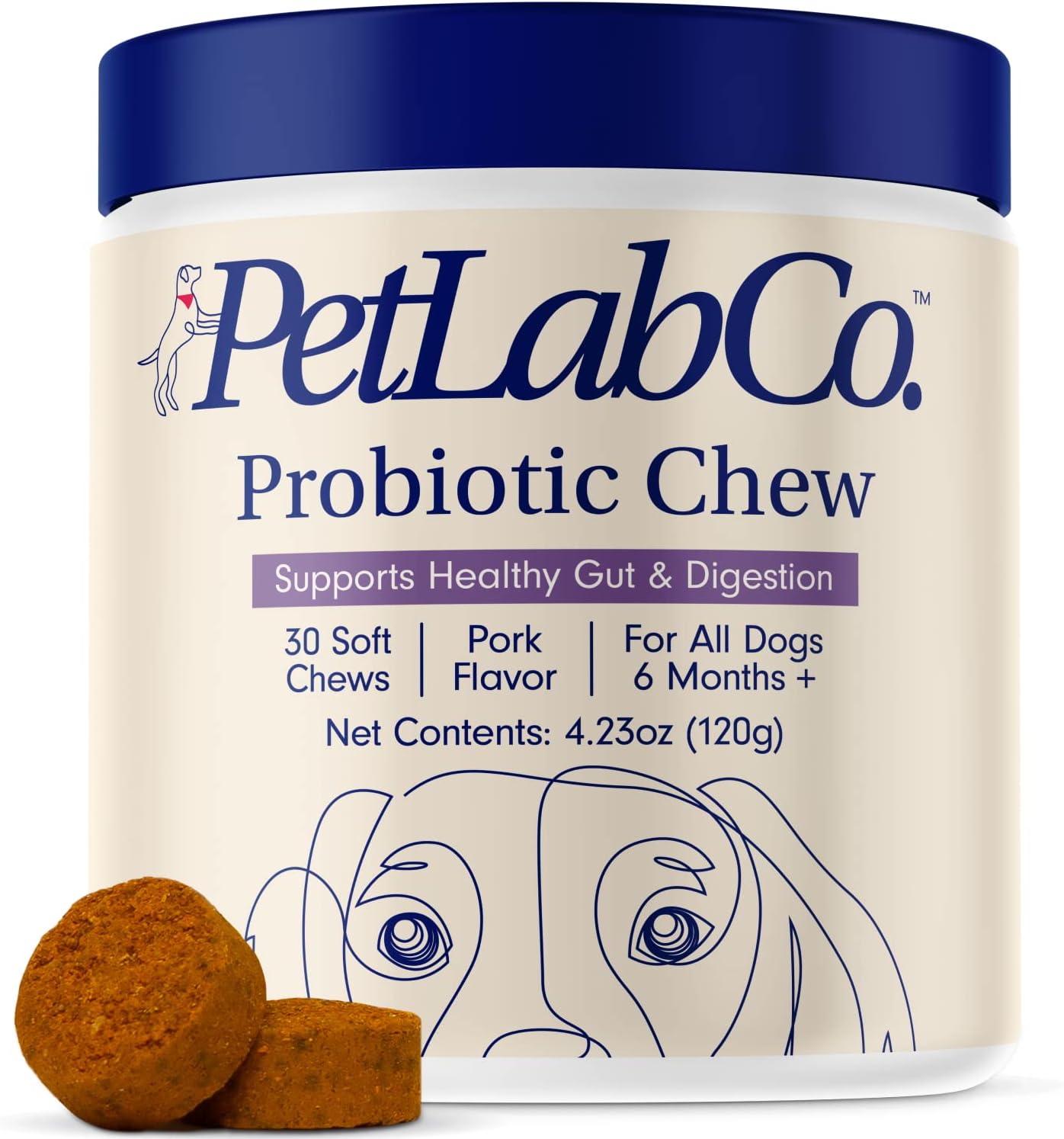
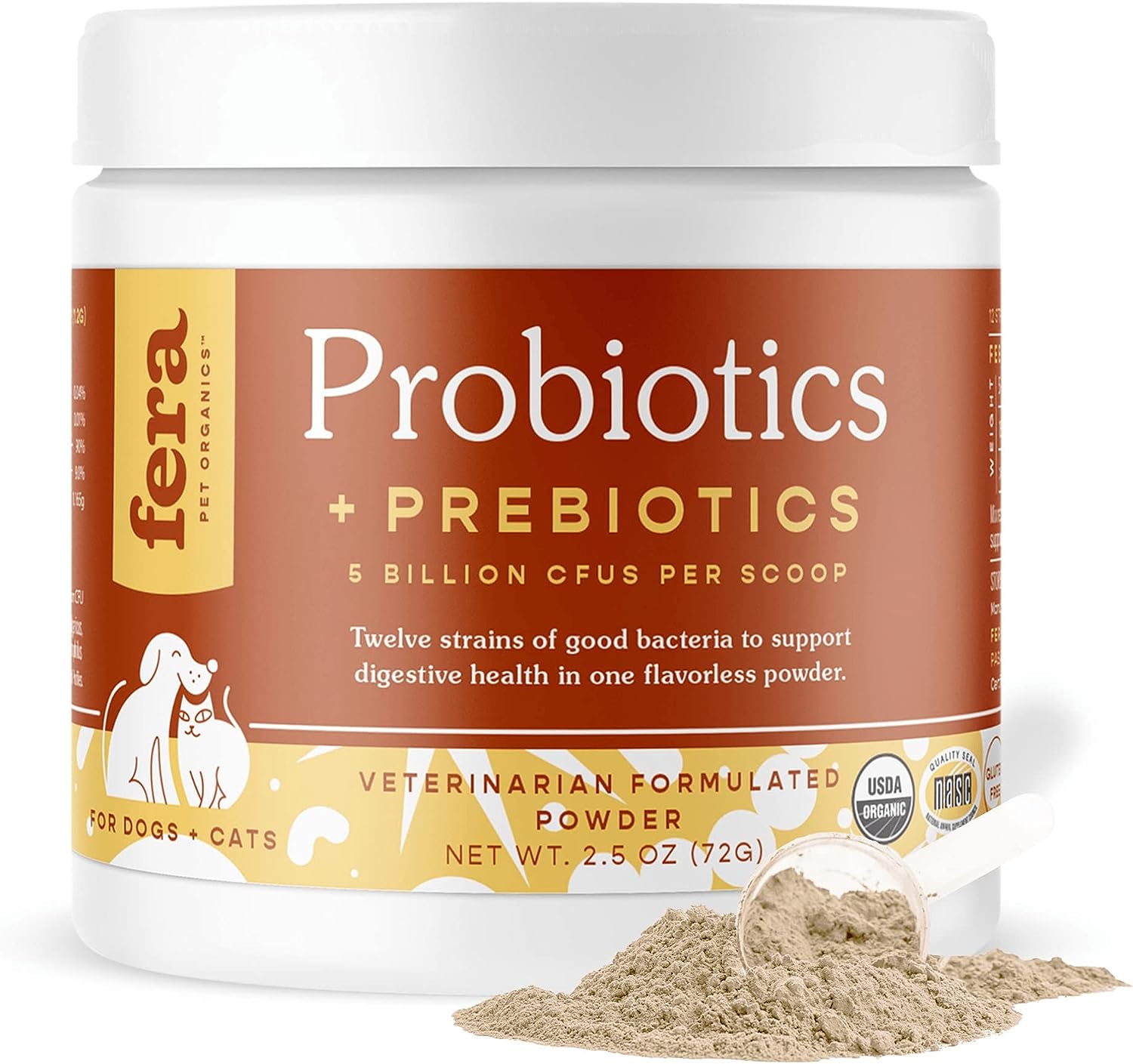
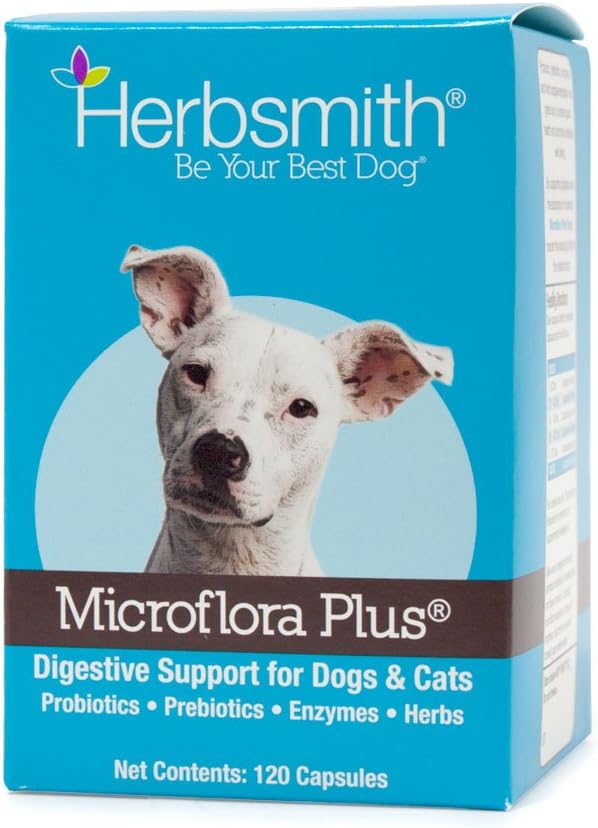

 Toledo, United States.
Toledo, United States.
